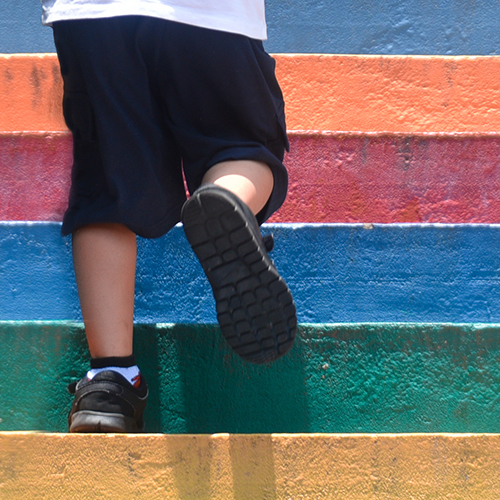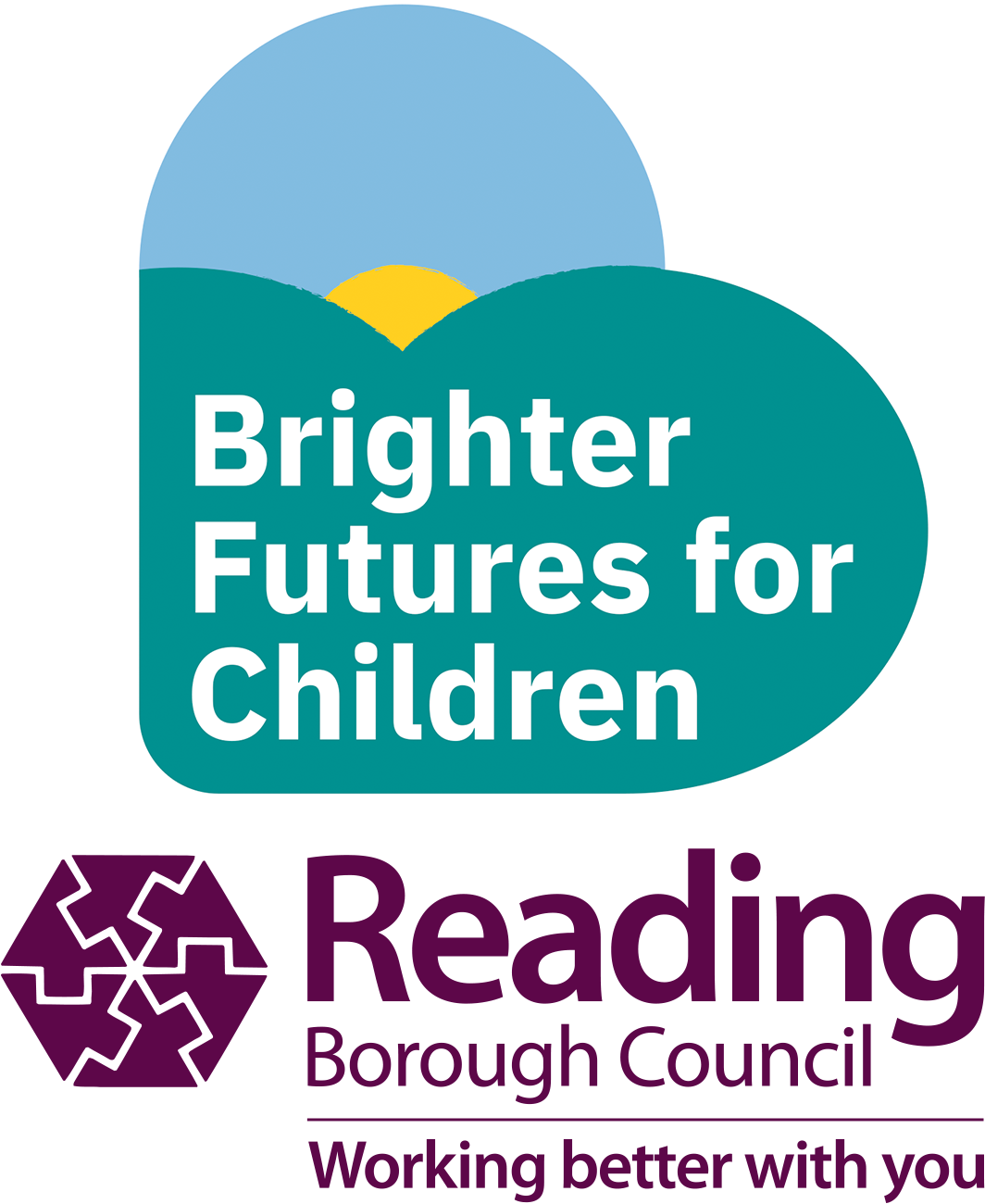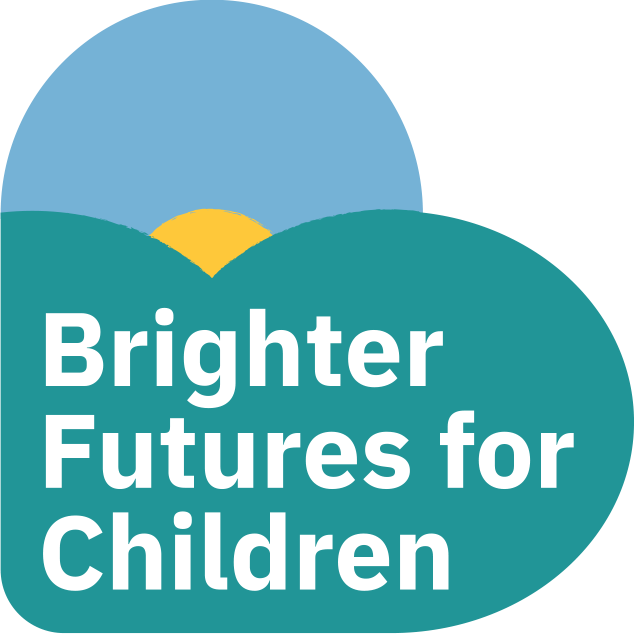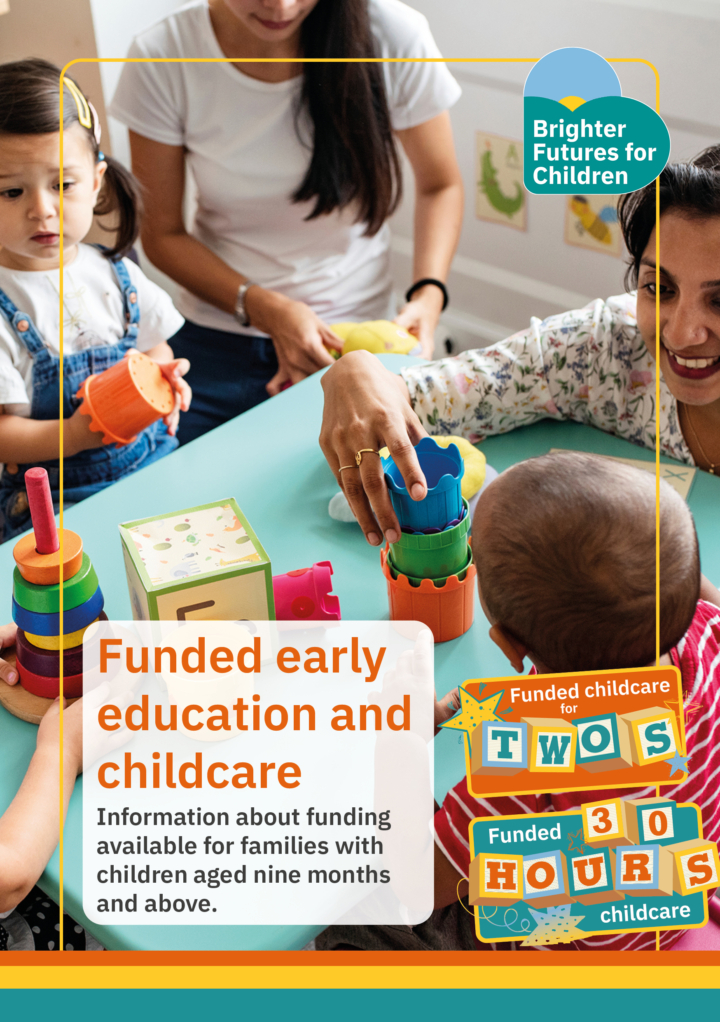- Home
- For parents and carers
- Under 5s
- 3–4 year olds
3-4 year olds
This page has information on funding for 3-4 year old childcare, how to find childcare, getting your child ready for nursery, as well as other information for when your child's about to start school.
3-4 year old childcare
There are several different types of childcare options (settings) in Reading that may suit your family’s needs. Our Family Information Service covers all of the options, from pre-nurseries, to nurseries, plus registered childminders.
3–4 year old childcare funding
All three- and four-year-old children are entitled to an early years place at a nursery or pre-school before they reach school age. This can be offered as 15 hours per week term time only or a stretched offer to cover 570 hours throughout the year.
30 hour funding for 3-4 year olds
If you are a working parent, you may be entitled to 30 hours of funding term time for childcare. This can also be offered as a stretched entitlement of 1,140 hours per year.
See the leaflet on the right for more information (click image to open PDF). You might also find this flowchart on how and when to apply helpful.
For more information about 3 and 4-year-olds’ funding, visit our Family Information Service here. If you have any further questions about the childcare funding, please send an email to: fis@reading.gov.uk
When can your child start and when can you apply?
| Born Between | Can Start From | For 30 hours, MUST apply before |
|---|---|---|
|
1 January to 31 March (inclusive) |
Summer term (April) |
31 March |
|
1 April to 31 August (inclusive) |
Autumn term (September) |
31 August |
|
1 September to 31 December |
Spring term (January) |
31 December |
You might also find it helpful to learn more about what to expect during the Early Years Foundation Stage.

Ready steady nursery!
We know how important it is for children to be school ready and therefore we run groups that enable parents and children to understand the transition to school/nursery process. We offer practical sessions that really help the children when they start school/nursery.
Find the most up-to-date programmes on our Facebook page or email us and we will be happy to answer any queries you may have.
How can I help my child be ready for school?
There is so much you can do to help your child practise independence skills for school so we’ve created a dedicated page with practical tips and advice. Click the button below.

Summer born children and delaying a child’s start to school
You may be considering delaying your child’s start to school, for a variety of reasons.
More information on later start options and the processes for this can be found here.



